2025 has begun, and we are starting the year in Japan. This is the first book by Maki Kashimada to appear in English translation, and it collects together two novellas. I would say the main theme connecting them is family, with contrasting relationships in each.
In the novella ‘Touring the Land of the Dead’, we meet Natsuko, whose family once lived the high life, but now her mother and brother are content to scrounge off her. She is caught between them and her husband Tachi, who is unable to do much for himself due to the effects of a neurological disease.
Natsuko books a break for herself and Tachi at a health retreat which used to be a luxury hotel that her family would visit. Those old times are captured on 8 mm film that feels like a distant world to our protagonist:
Her mother’s brother, watching the dance from a leather sofa, was brazenly holding a champagne glass. And her mother herself, wanting to take a sip, was trying to snatch it away. There was something impenetrably startling about their actions, but in the middle of that monochrome world they flowed silently, matter-of-factly.
Translation from Japanese by Haydn Trowell
Being at the retreat, moving through the same spaces as her relatives once did, sparks off visions of the past in Natsuko. Their effect is disconcerting:
Her young mother, thinking that she was special. Thinking that she was one of the chosen few. Natsuko is overcome with vertigo, her heart filled with disgust. Just as it was all beginning to become too unbearable, a round rubber ring cut across her vision.
That rubber ring is the tyre of Tachi’s wheelchair, a reminder of practical concerns in the present. This trip and the memories stirred allow Natsuko to confront how she views her birth family, and to move beyond this. They also allow her to appreciate where Tachi is coming from. She has always wondered why he doesn’t complain about what happens to him, but now she can see that he’s choosing to get on with life. The closing sense is that Natsuko now has the means to do the same.
If the protagonist of Kashimada’s first novella is pulling away from her family, the narrator of the second, ‘Ninety-Nine Kisses’, remains close to hers – sometimes uncomfortably so. Nanako illustrates her feelings towards her three sisters:
I’m just completely taken by my sisters, my sisters who don’t let themselves get overwhelmed by such things, who are able to go on fighting fearlessly among themselves over the same man. They’re my whole standard of reference. My personality only serves to add something to theirs. It might not even add anything. I’m just an echo of them. But it’s an erotic experience, this way of being.
The sisters’ closeness is challenged by the arrival of a man in their lives – as is Nanako’s sense of herself and her place. An acute confrontation with emotions is common to both of the novellas in Kashimada’s volume, and the aftermath lingers in the mind.
Touring the Land of the Dead is published by Europa Editions UK.
This review is for January in Japan, which Tony is hosting at Tony’s Reading List.


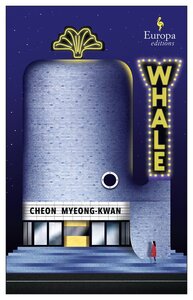

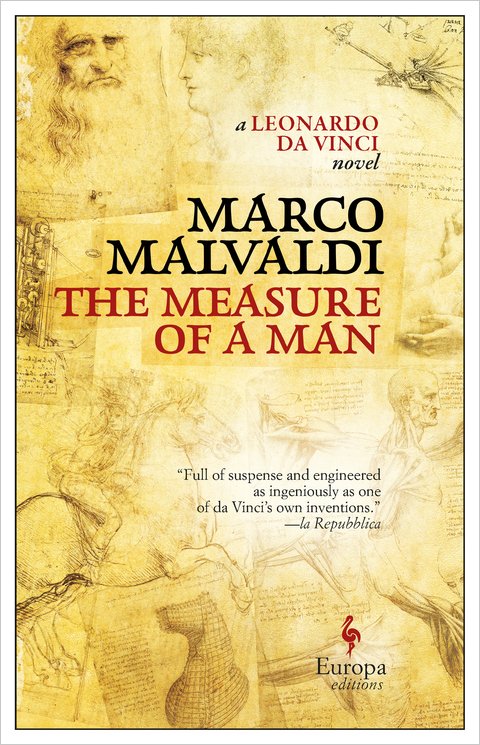
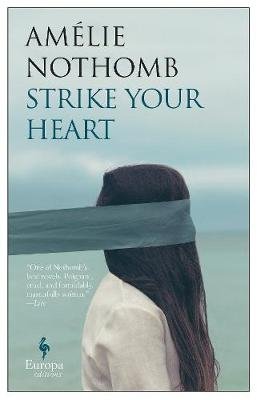
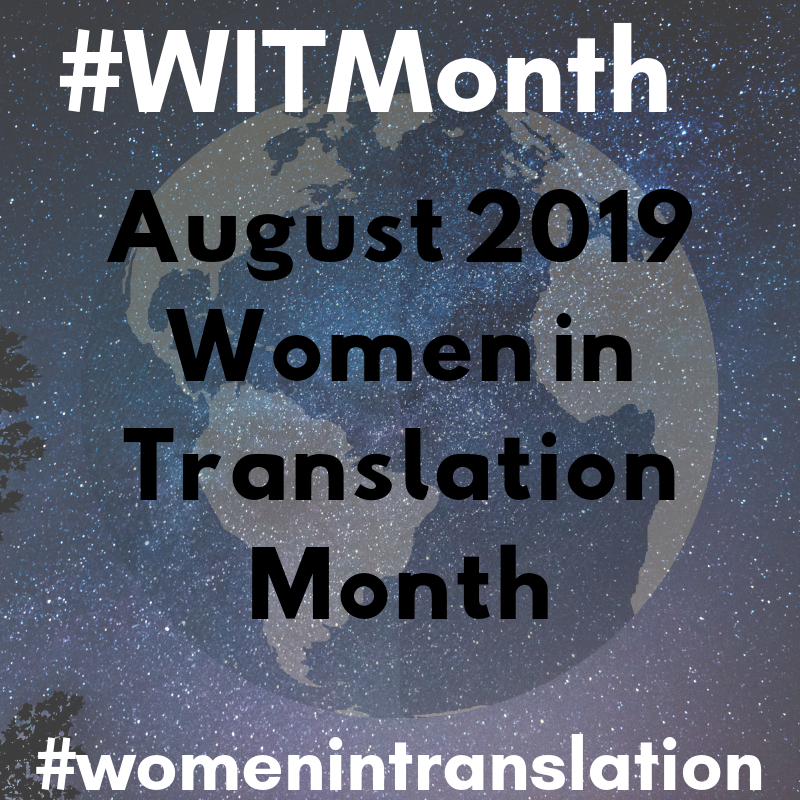
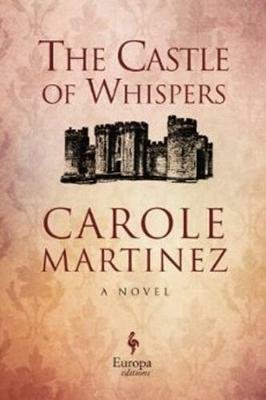
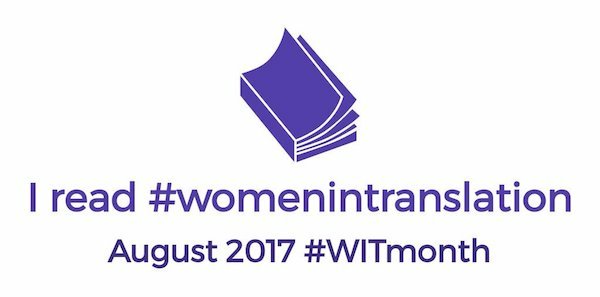
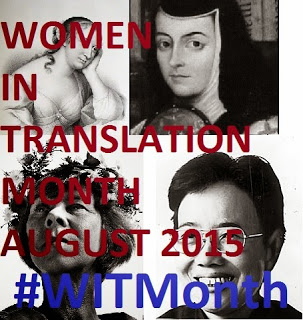
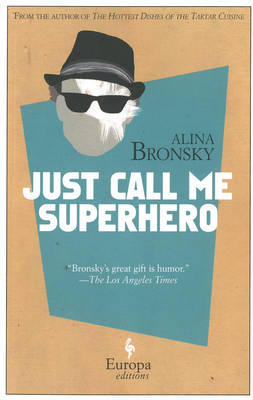
 Tom Darling
Tom Darling Alice Zeniter was 23 when she published Jusque dans nos bras (now superbly translated from the French by Alison Anderson as Take This Man), and it really feels as though she has captured in it something of contemporary life for her generation. We meet Zeniter’s protagonist (also named Alice Zeniter) as she is about to marry her Malian childhood friend Amadou (‘Mad’) Traoré – a marriage brought about because it will prevent Mad from being deported under new immigration laws, despite his having lived in France most of his life. The novel’s chapters alternate between the lead-up to the wedding and Alice’s various encounters with racism.
Alice Zeniter was 23 when she published Jusque dans nos bras (now superbly translated from the French by Alison Anderson as Take This Man), and it really feels as though she has captured in it something of contemporary life for her generation. We meet Zeniter’s protagonist (also named Alice Zeniter) as she is about to marry her Malian childhood friend Amadou (‘Mad’) Traoré – a marriage brought about because it will prevent Mad from being deported under new immigration laws, despite his having lived in France most of his life. The novel’s chapters alternate between the lead-up to the wedding and Alice’s various encounters with racism.
 A Novel Bookstore is the ninth novel by French writer Laurence Cossé (the translaltion is by Alison Anderson); one of the launch titles for the UK imprint of
A Novel Bookstore is the ninth novel by French writer Laurence Cossé (the translaltion is by Alison Anderson); one of the launch titles for the UK imprint of  Sara Levine
Sara Levine
Recent Comments